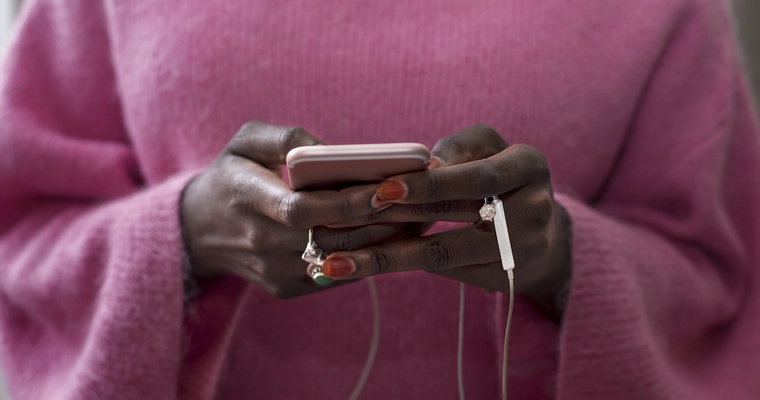-
By: health
-
December 11, 2019
Sex in the news: November 2019 edition
We’ve rounded up our 10 favorite articles about sexual health and birth control from the past month to make it really easy for you to get the facts on the things that could affect your health while you get into the fall mood.
-
What’s the Most Effective Type of Birth Control? (Glamour)
One key consideration for many people in selecting a birth control method is how effective it is at preventing pregnancy. LARCs (long acting reversible contraception)—which include the IUD and the implant—are the most effective forms of birth control at preventing pregnancy. Get answers to your LARC questions and determine if it’s the right option for you.
-
13 Things You Absolutely Should Know Before Getting the Paragard Copper IUD (SELF)
If you aren’t able to use hormones or just don’t want to, the Paragard copper IUD may be the perfect companion for you. Paragard is the only non-hormonal IUD available in the U.S. It’s FDA-approved for use for up to 10 years, but in practice, it’s been found to last for 12 to 20 years. Learn about what to expect if you’re considering Paragard.
-
People Are Asking The Internet To Diagnose Their STDs (Refinery29)
Though the internet may be useful in finding free information on health topics, it may not be as useful in providing proper medical diagnoses. This article describes a recent trend in which people post on social media (with photos) and ask others to help them figure out if they have an STI. Experts weigh in on the pitfalls of this practice.
-
How to Know If You’re Asexual or Just Not Ready to Have Sex (Teen Vogue)
Discovering your sexuality can take time. If you find that you are not sexually attracted to others or not interested in sex, you may wonder if you’re asexual. Here are some basics that may help you determine if you identify as asexual.
-
What Happens To Your Vagina After Sex? 7 Things You Should Know (Romper)
The vagina goes through many changes during sex. Shortly after a sexual encounter, it returns to its “resting state,” going back to its usual shape, size, color, and temperature. This article covers some key things that happen during this transition.
-
An essential guide to cuffing season (Cosmopolitan)
Cuffing season (early October to the end of March) is in full effect. Everyone’s searching for someone special to spend the cold winter months inside with. Before you make it official, check Cosmo’s guide to cuffing season for the latest on this dating trend.
-
For the Teen Who No Longer Wants a Period… (The New York Times)
Some people dislike getting their period, while others prefer to have one. Here, ob-gyn and New York Times columnist, Dr. Jen Gunter, advises a parent on ways to help her daughter manage a period she doesn’t like getting. Hint: hormonal contraception can help.
-
How to Masturbate if You Have a Vagina (Teen Vogue)
Learning about your sexual likes and dislikes is an ongoing process. Sex ed in many states isn’t required to be medically accurate, much less teach anything about pleasure. So fill in those crucial gaps with Teen Vogue’s guide to masturbating if you have a vagina (and here’s their guide to masturbating if you have a penis ).
-
10 Incredible Books About Sex & Sexuality To Add To Your Bookshelf (Refinery29)
Imagine the perfect holiday staycation. A comfy bed, matching plush PJs for you and bae, pumpkin spice candles, and a mug full of hot chocolate waiting for you on the nightstand. What could possibly complete this picture-perfect moment? Sharing your favorite sex tips, tricks, and new positions from a good book! Here are 10 suggested readings to put you in the “holiday spirit.”
-
Do You Need to Use a Condom If You Missed a Pill? An Ob-Gyn Breaks It Down (POPSUGAR)
One of the most common questions we hear from Bedsider readers is about what to do after missing or being late in taking a pill. So if you’ve ever forgotten a pill and weren’t sure what to do next, this article covers what you should know. Also check out our comprehensive guide that breaks down how to handle a missed pill by type of pill and by where you are in the pill pack.









Leave a comment